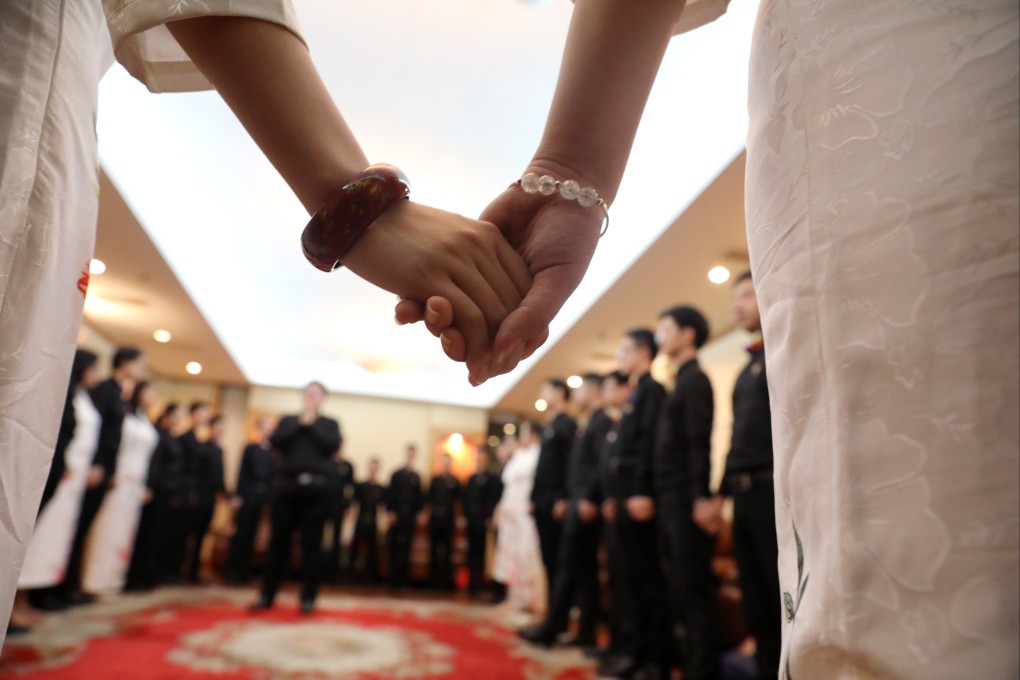Opinion | China’s LGBT community doesn’t need Western ‘gay pride’
- For LGBT people in China, sexuality is part, not all, of who they are as their familial role and national identity take precedence. What they want most is love and acceptance, not pride parades

During my five days in the city, I saw plenty of hand-holding gay couples out in public, more than I would in Hong Kong. They could have easily gone unnoticed, given the lack of stares in a locality that was refreshingly unbothered.
Unlike Britain’s own unofficial “gay capital” of Brighton, Chengdu does not boast extravagant displays of rainbow-themed decorations or an overblown above-ground gay scene. The locals are quite aware that their gay bars and clubs attract people from across the country, and those of different sexual preferences live their lives quite harmoniously without those matters being dramatised.
It might be difficult for their Western counterparts to see how a city without those typical indicators can be considered a “gay capital”. But such a lack of cultural and contextual awareness must not lead to assumptions that China’s gay community is living in misery and suppression.

